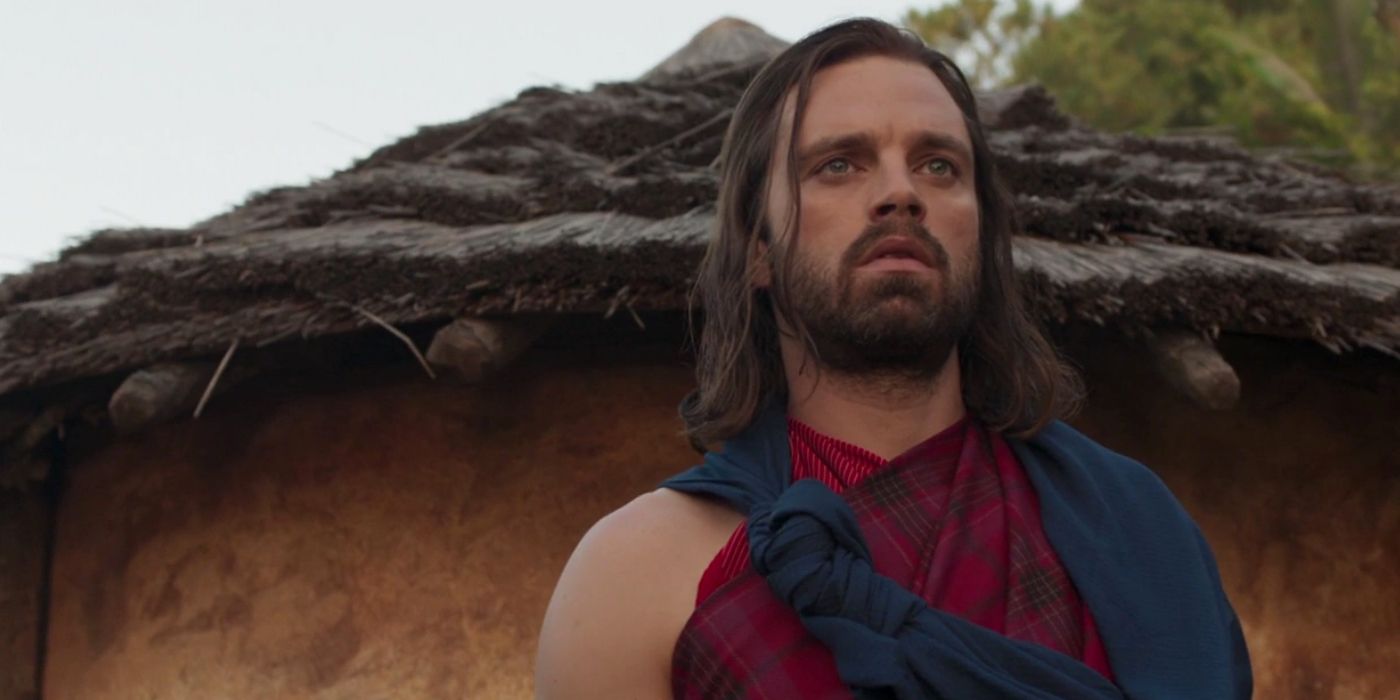In a year dominated by franchise fare and bleak realities, White Wolf emerges as a standalone epic that marries humble myth with thrilling spectacle. Directed by rising auteur Aria Navarro, this bold reimagining of ancient folklore tells the story of redemption, loyalty, and survival—wrapped in the bite of lupine mystique.
At its heart, White Wolf is a character‑driven adventure. Where most modern fantasy attempts grandiosity, it delivers intimacy—through furious fights, haunting dreams, and a bond between human and beast that transcends words.
The film follows Eira Skadi (Lupita Nyong’o), a scarred warrior from a clan living in the shadow of a devastated wilderness. When a fierce raiding party leaves her village in ruins, Eira’s only hope is to forge an unlikely alliance—with Fenrir, a legendary white wolf believed to be a spirit of vengeance.
Taken in as a pup, Fenrir fuses with Eira’s spirit: their fates become a single howling heart beating against encroaching darkness. As they travel through snow‑bound forests, ash‑stained mountains, and echoing caves, they hunt the raiders, uncover ancient secrets, and rekindle a lost prophecy: that when wolf and human fight as one, the land itself can heal.
What sets White Wolf apart is the connection between Eira and Fenrir. The wolf isn’t a sidekick—he’s a partner, equal in instinct and identity. Instead of relying on CGI expressions, Navarro captures Fenrir’s soul through lingering shots: twitching ears, silent observation, and moments of gentle protection when Eira falters.
Lupita Nyong’o delivers a nuanced performance—quiet against the roar, expressive when words are useless. Her eyes soften when she draws close to Fenrir. They eat together. She drapes her cloak over him when he’s wounded. The protagonist is more than a fighter—she is Wild.
Fans of visceral action get more than satisfying fight choreography. Navarro surrounds each clash with intent: a firefight near a frozen waterfall, a stealth kill beneath golden moonlight, a final face-off at the border of burning fields. But the camera stays close—no sweeping battlefield shots, just sharp teeth, falling snow, and shared breaths in the cold.
Side characters—including Jorund (Daniel Kaluuya), a ranger who mistrusts magic, and Ayla (Florence Pugh), a holy dissenter drawn to Eira’s cause—provide emotional friction and moral counterpoint. They present tough questions: Is this power salvation, or a new tyranny?

White Wolf explores more than revenge. It delves into ecology, memory, and whether violence ever really heals. The film never romanticizes war—it is brutal, messy, and stained with ash.
A tribal elder, after witnessing carnage, whispers: “Even the wolf knows when to wander.” That quiet line cuts deep—this story isn’t about mastering the wolf, but learning from it.
At the same time, Eira’s path is one of accountability. She doesn’t slaughter her enemies; she hunts their sins. Fenrir’s primal rage becomes a mirror—showing both the necessity and the cost of killing. In one gutting scene, Eira hesitates before a cultist, and Fenrir snarls—not at the enemy, but at her. It’s the wolf reminding her that blood once spilled stains forever.

Navarro and cinematographer Elaine Chen craft a visual tone that’s both frozen and fiery. White landscapes bleed into charcoal skies. Snow obscures bodies and footprints. Flames carve sharp lines in cratered fields.Score by Hildur Guðnadóttir underscores the emotional current—low cellos, mournful choirs, then sudden violin jolts when violence erupts. There’s no excess; every note exists to reflect the bond of pack and person.
White Wolf may not redefine fantasy, but it reminds us that primal storytelling still matters deeply. With minimal magic, towering mythology, and a singular hero, it roots fantastical stakes in human emotion and ecological urgency.This is not escapism. It’s confrontation—between what we’ve done, what we remember, and what we owe to the world we share.
Nyong’o’s performance, paired with Fenrir’s presence, makes a wolf-scented whisper speak louder than thunder. White Wolf is slow in pace, fierce in bite—and unforgettable in spirit.




-1751429506-q80.webp)